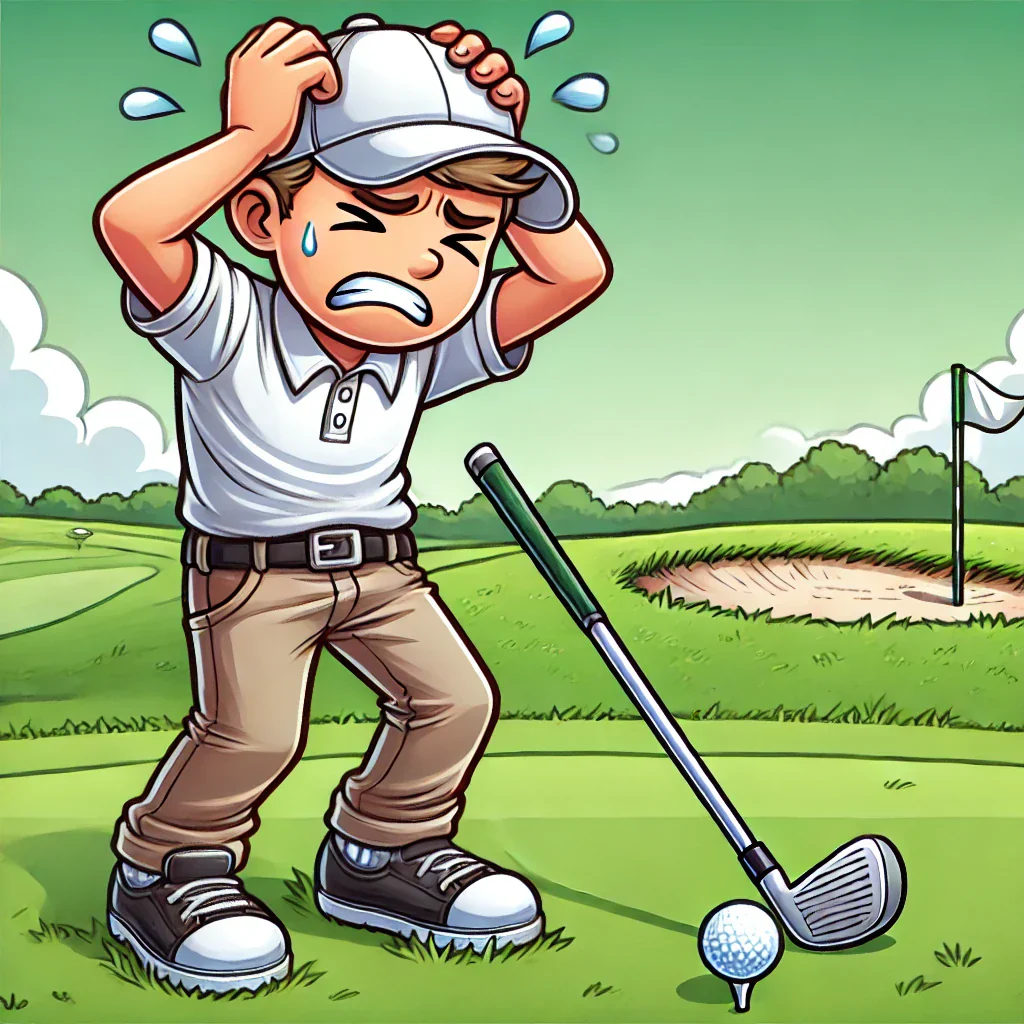
Fatigue is a physical and mental state of exhaustion that stops an athlete, or any person in general, to perform their tasks in an able manner. Fatigue is a result of prolonged physical or mental strain that affects the body and mind, and exhausts both from performing any action. Fatigue can also come from lack of sleep, emotional stress and even cognitive overload. Such a state of body and mind also leads to decline of strength, concentration, endurance, and overall function in general.
Fatigue plays a very important role in deteriorating of a golfer’s performance during his game. In a game like golf, where precision and consistency are very important, fatigue of body and mind leads to a breakdown of technique. This happens as a result of prolonged practice, or after a long round.
Muscles like core, legs and shoulders are the most important areas for a golfer’s performance. These muscles are exhausted the most and start to lose strength after strenuous practices or long rounds, gradually resulting in the loss of power while making a swing in the game of golf.
Apart from affecting golf swings, fatigue of body can lead to limiting the range of motion in a game of golf. When a golfer is fatigued, he or she finds it very difficult to make a proper full backswing or a follow-through. This leads to shortened swings and less accurate ball strikes.
A fatigued body also impacts the body posture in the game of golf, as golfers fail to maintain a stable spine angle, and proper alignment, and this affects the set up and execution of the game.
Here are a few ways to deal with fatigue, so that it does not affect a golfer’s game, particularly his swings, on which the fortune of his game or round, stands:
Apart from these, one needs to be very careful about his swing techniques, and keep oneself paced.